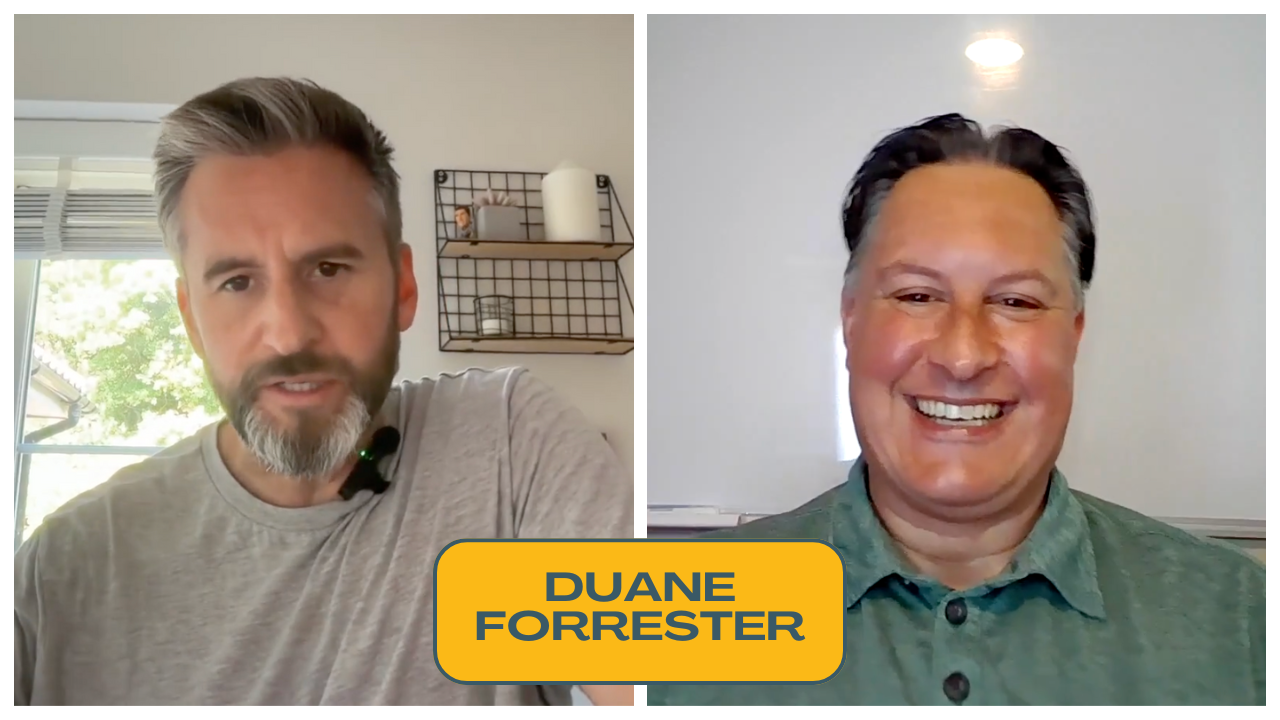Final thoughts on the AI Search revolution
We all know search is changing - but the pace right now feels different. Google’s AI Mode is expanding fast, rolling out to over 35 new languages and more than 40 additional countries and territories just this week. Soon, it won’t be an experiment or a side feature; it’ll be the default way billions of people search.
That means the old playbook - ranking pages, counting clicks, chasing keywords - doesn’t hold in the same way. This isn’t "good SEO.” The mechanics of discovery are being rewritten in real time and what worked before won’t guarantee visibility in a world of AI summaries, citations and conversational results.
How you can adapt to what is needed
So what can you do? Start by tightening the fundamentals: make sure your brand’s information is structured, consistent and clear - the kind of data machines can actually understand. And most importantly, know your audience well enough to anticipate the questions they’ll ask next.
Because the stakes are rising. In just the past two weeks, OpenAI launched Instant Checkout - letting users purchase products (starting with Etsy) directly inside ChatGPT, powered by an open-standard protocol. Meanwhile, it also rolled out a full Apps SDK, enabling third-party tools like Canva, Zillow, Spotify and others to live inside your chat interface.
For anyone saying "it is just the same", they aren't keeping up with the pace of change and the narrative you have to speak in the board room.
Previous shifts helps to put things in context
If you’re in marketing, that shift should feel familiar - it’s what mobile did to the web, but on steroids. The best step now isn’t to chase every new feature, but to make sure your brand’s information is clear, connected and ready to be pulled into these new experiences. Focus on accuracy, structure and usefulness.
Individually, there’s also a lot you can do better. Learn how these systems surface information. Test them. Track how your brand appears in AI-generated answers. Understand that it is probabilistic. Understand the difference between grounded and ungrounded.
The new era is already here
The marketers who adapt fastest won’t just optimise for visibility - they’ll optimise for understanding. Because this next phase of search isn’t about tricking algorithms; it’s about teaching them who you are.



